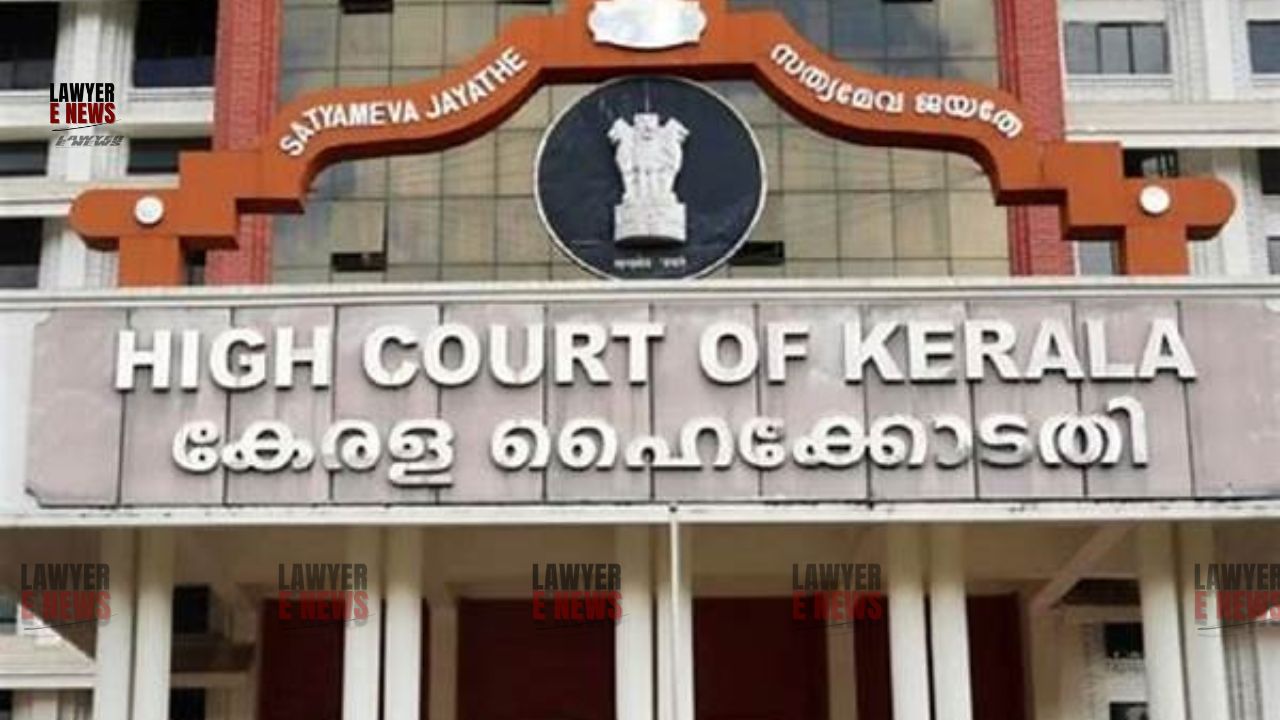-
by Admin
15 February 2026 5:35 AM



Kerala High Court mandates trial court to allow plaintiff’s husband to testify on her behalf in civil suit over cancellation deeds. The High Court of Kerala at Ernakulam has set aside a trial court’s decision that denied the plaintiff’s husband the right to testify on her behalf. The judgment, delivered by Honourable Dr. Justice Kauser Edappagath on June 18, 2024, emphasized the competency of spouses as witnesses under Section 120 of the Indian Evidence Act, 1872. The ruling directs the trial court to permit the plaintiff’s husband to give evidence in a civil suit involving the nullification of registered cancellation deeds and a permanent prohibitory injunction.
The petitioner, Smith, filed a suit (O.S.No.106/2010) in the Sub Court, Manjeri, seeking to declare two registered cancellation deeds executed by the first defendant as null and void and for a permanent prohibitory injunction. When the case was posted for evidence, the petitioner requested that her husband be permitted to testify on her behalf. This request was dismissed by the trial court, prompting the petitioner to challenge the decision in the High Court.
The High Court critically examined the provisions related to witness competency under Section 120 of the Indian Evidence Act, which clearly states that “In all civil proceedings, the parties to the suit, and the husband or wife of any party to the suit, shall be competent witnesses.” Justice Edappagath pointed out that the trial court’s decision did not consider this crucial aspect of the law.
“The rejection of the request for examining the husband of the plaintiff as a witness is contrary to the explicit provisions of Section 120 of the Indian Evidence Act, which confers competency upon spouses to testify on behalf of each other in civil proceedings,” stated Justice Edappagath.
The judgment elucidated the interplay between Section 120 of the Indian Evidence Act and the procedural norms under the Civil Procedure Code (CPC), particularly Order XVIII Rules 1 and 3-A. The trial court had misinterpreted these procedural norms to conclude that the husband could only be cited and examined as a plaintiff’s witness, not as a substitute for the plaintiff. Justice Edappagath clarified that procedural rules should not override substantive rights provided by the Evidence Act.
“Order 18 Rule 3-A of the CPC, which outlines the order of witness examination, does not negate the substantive right of a spouse to testify on behalf of the other as provided under Section 120 of the Evidence Act,” the judgment noted.
Justice Edappagath remarked, “The competency of a spouse as a witness is a substantive right under Section 120 of the Indian Evidence Act, and it overrides procedural provisions that do not explicitly exclude this competency.”
The High Court’s decision to allow the husband to testify on behalf of the plaintiff underscores the importance of adhering to the substantive rights enshrined in the Indian Evidence Act. This ruling clarifies the legal position regarding spousal competency as witnesses and is expected to influence future cases where procedural norms conflict with substantive evidence laws. By setting aside the trial court’s order, the High Court has reinforced the judicial commitment to ensuring fair and just trial procedures.
Date of Decision: June 18, 2024
SMITH Vs ANIL KUMA
